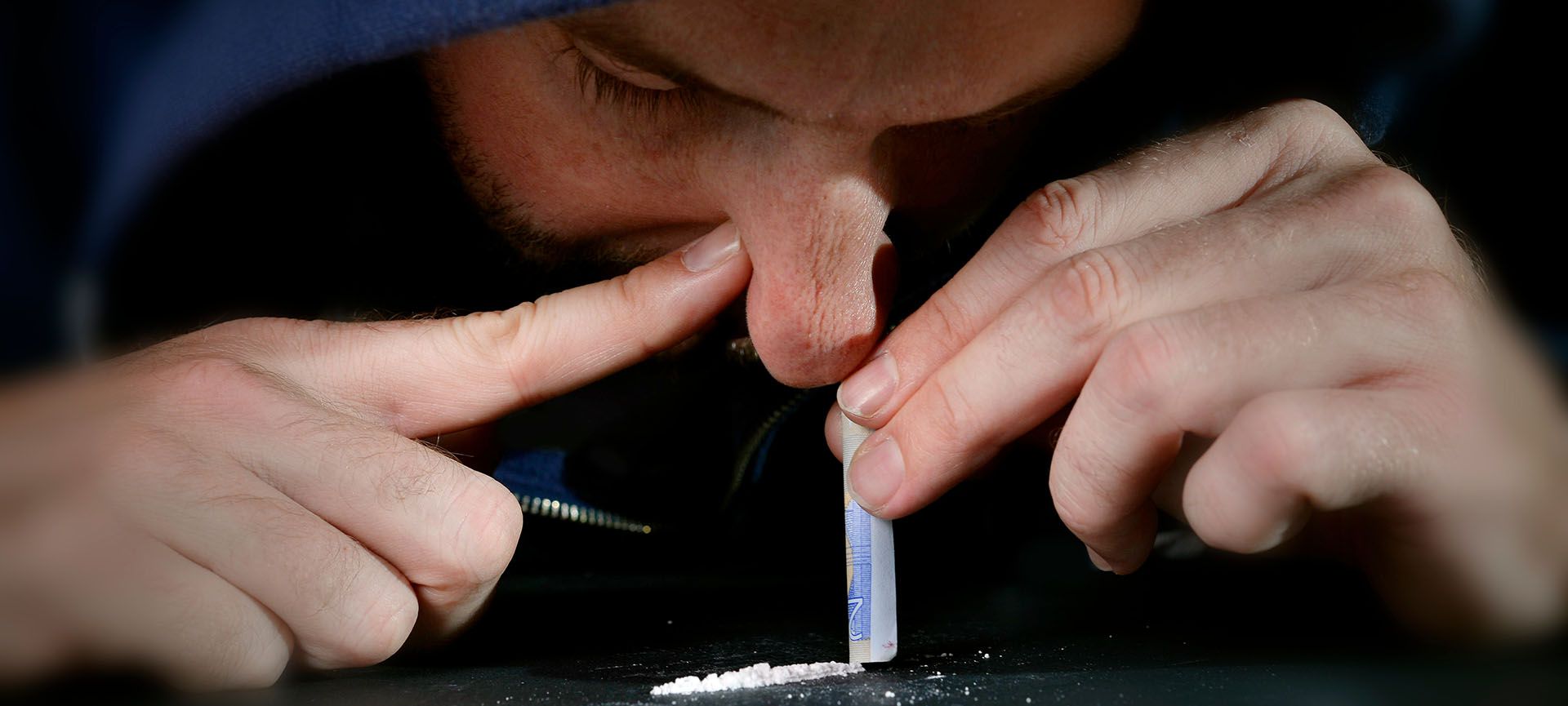
Does Cocaine Kill Brain Cells?
Coke. Crack. Rock. Snow.
Cocaine goes by many names, and it is one of the most dangerous drugs out there. Even a single use can result in the blood vessels becoming constricted, which means the heart has to work harder and the blood vessels are at risk of rupturing. This combination of events can lead to a stroke or heart attack in people who had no prior risk factors for these events.
There are two factors that add to the danger of cocaine. One is that cocaine producers frequently combine the product with other substances, many of which are toxic to humans. This can result in users not knowing exactly what they are using, which in turn presents challenges to medical professionals who are responding to emergencies.
The second factor is that many people who use cocaine also drink alcohol, and using the two substances in combination can create an extremely dangerous interaction. When cocaine and alcohol are used together, the liver releases a compound called cocaethylene, which puts the user at even higher risk of sudden death.
Those who don’t experience fatal effects from cocaine have challenges of their own: a risk of long-term changes to how the brain works.
What Is Cocaine?
Derived from the leaves of the coca bush, cocaine was first used as an anaesthetic in the 19th century. Ironically, it was also used as a treatment for opioid and alcohol addiction. By the early 20th century, society started paying more attention to the harmful effects of cocaine, and laws were passed in many nations, including Canada, to limit its distribution and use.
Cocaine is a stimulant, which are substances that increase a person’s levels of energy and activity. Those who use it will feel a rush of ecstasy within seconds or minutes, depending on how it is ingested. They become talkative and energetic; their senses are heightened, and they feel confident and fearless.
They may also start to feel paranoid and anxious. In extreme cases, people who use cocaine experience hallucinations. Sometimes they engage in erratic or violent behaviour.
What Does Cocaine Do To The Brain?
While you were growing up, you may have been told that if you use drugs, they will kill your brain cells. But is this actually true? Does cocaine – or any other substance, for that matter – result in the actual death of brain cells? To answer this question, we need to explore how brain cells operate and what their life cycle looks like.
What Makes The Brain Tick?
The brain and central nervous system are run by cells called neurons. Messages are transferred from one neuron to the next by way of electrical impulses that travel across the synapses (gaps) between the cells. These impulses are facilitated by molecules called neurotransmitters that are released by the brain.
There are many kinds of neurotransmitters that send different kinds of messages. How it works is that a neurotransmitter is released into the synapse, attaches to a receptor on the receiving neuron, transmits its message, and is then returned to the synapse, where it either degrades or is taken back up by the originating neuron.
A Complex Life Cycle
It used to be believed that we are all born with all of the neurons that we are ever going to have. However, recent findings suggest that neurogenesis – or the birth of neurons – may actually happen throughout our lives.
It appears that neurons are generated in parts of the brain that have high concentrations of precursor cells, and that they then migrate to wherever they need to be. About a third of new neurons survive this journey, and a few end up in the wrong place. While the research on this is new and evolving rapidly, it is thought that these “lost” neurons may be responsible for some instances of epilepsy, dyslexia, schizophrenia, and other conditions.
Those that make it to their final destination settle in among existing cells, where they develop their characteristic branch-like structure and start communicating with the other neurons.
Death Of A Neuron
Neurons live longer than any other cell in the body, but like everything else, they do eventually die. Around two thirds of neurons that are formed during neurogenesis die while they are migrating to other parts of the brain. Certain illnesses and conditions can also kill neurons, such as Parkinson’s disease and Alzheimer’s disease.
Substances like cocaine do not kill neurons directly, but some of the effects they produce can. For example, people who use cocaine regularly are at high risk of suffering a stroke, which deprives neurons of the oxygen they need to survive. In that sense, being addicted to cocaine can indeed result in the death of brain cells.
Changing The Way The Brain Works
Neurons don’t have to actually die in order to be impacted by cocaine use. The messaging between them can be vastly impacted by the impact of cocaine on dopamine.
Earlier we addressed how messages are sent from one neuron to another via neurotransmitters. One of these neurotransmitters is dopamine, and it is responsible for feelings of happiness or euphoria. When we do something that we enjoy, such as spending time with friends or engaging in a hobby, our neurons release dopamine, which in turn triggers that “feel-good” sensation.
Dopamine works like any other neurotransmitter: it is released into the synapse between neurons, attaches to a receptor on the receiving cell, sends its message and is released back to the synapse, and the originating cell takes it back.
When a person uses cocaine, a crucial part of this process is interrupted: the reuptake to the originating cell. What results is a flood of dopamine in the synapses, which repeatedly attach to receptors and generate a metaphorical storm of euphoria. If this happens enough times, the brain compensates for the surplus of dopamine by reducing the number of dopamine receptors on the neurons. This results in the individual literally losing the capacity for happiness and motivation unless they use more cocaine.
Ultimately, the person’s behaviour becomes violent or erratic, and they fall into a constant state of restlessness, anxiety, and paranoia. At the same time, they are at higher risk of stroke and heart attack, as well as damage to several internal organs.
It’s Never Too Late To Get Help
Cocaine addiction is notoriously difficult to overcome, but if you are in a safe environment with supportive professionals, you can do it. At Thousand Islands Rehab Centre, we provide both. Our location in the Thousand Islands region of Ontario provides an environment that is conducive to healing, and we have a dedicated team of caring professionals who can deliver a customised addiction treatment program that meets your unique needs. Call us today for more information. Your journey to healing can start right now.






